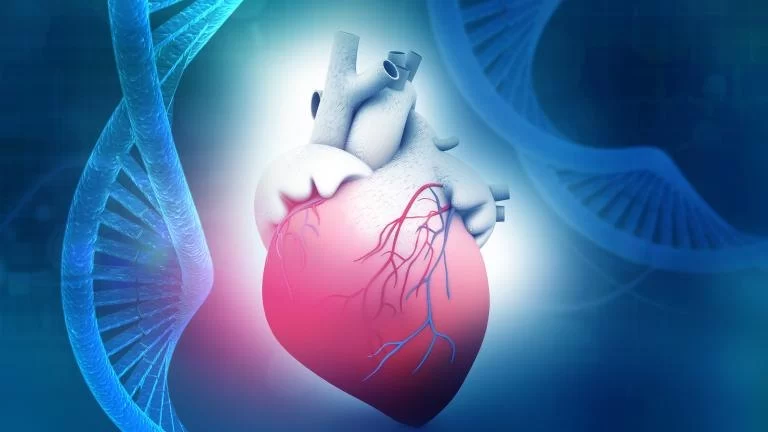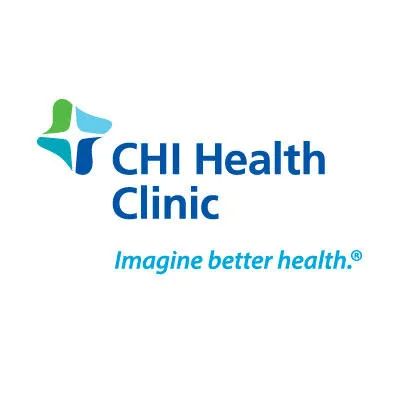- genetic-roots-of-heart-disease
- the-science-behind-gene-editing
- crispr-and-clinical-trials
- ethical-considerations-in-gene-editing
- real-life-stories-and-case-studies
- the-future-promise-of-gene-editing
Genetic Roots of Heart Disease
Heart disease has often been seen as a condition fueled by lifestyle choices such as poor diet or lack of exercise. However, a significant number of cardiovascular conditions are rooted in genetics. Hypertrophic cardiomyopathy, familial hypercholesterolemia, and arrhythmogenic right ventricular cardiomyopathy are just a few examples where inherited mutations place patients at higher risk. Understanding these genetic underpinnings is crucial because traditional medications often cannot address the root cause. Instead, they focus on managing symptoms or reducing risk factors, leaving a gap that gene editing seeks to fill.

The Science Behind Gene Editing
At the heart of this medical revolution is CRISPR, a gene-editing tool that allows scientists to cut and replace faulty sections of DNA. Think of it as a pair of molecular scissors guided by GPS coordinates that target the exact location of a harmful mutation. In the context of genetic heart diseases, CRISPR has the potential to repair or silence genes that lead to dangerous cardiac conditions. This doesn’t just mean managing heart disease—it could mean eliminating it before symptoms ever appear. While the science is still evolving, early laboratory studies have shown extraordinary promise.
Atlanta Heart Specialists
atlanta heart specialists
4375 Johns Creek Pkwy #350, Suwanee, GA 30024, USA

CRISPR and Clinical Trials
Over the last decade, clinical trials exploring CRISPR have moved from theory to practice. In 2021, a landmark study demonstrated CRISPR’s ability to reduce harmful proteins in patients with genetic liver disease. Building on this, cardiovascular researchers are pushing toward trials that directly address heart conditions. Early animal studies targeting hypertrophic cardiomyopathy have already reversed harmful genetic mutations in mice. Human clinical trials are expected to follow in the coming years, marking a new era for cardiac medicine. Patients and families affected by inherited heart disease are closely watching these developments with cautious optimism.
Ethical Considerations in Gene Editing
While the potential is staggering, gene editing comes with ethical challenges. Who gets access to these therapies? Will treatments be affordable, or only available to those with significant resources? There are also concerns about unintended consequences, such as off-target mutations that could introduce new health risks. Some ethicists worry about “designer babies” if germline editing—the alteration of DNA in embryos—becomes widespread. However, most of the current focus is on somatic gene editing, meaning the edits do not pass to future generations. This makes the technology more ethically acceptable while still offering life-changing benefits to current patients.
Real-Life Stories and Case Studies
One of the most compelling ways to understand the impact of gene editing is through real people. Consider families with a history of sudden cardiac arrest due to inherited arrhythmias. In many cases, parents live with the constant fear that their children might inherit the same fatal gene. Gene editing offers a future where these families might no longer pass on life-threatening conditions. Although we are still in the early stages, stories from patients who have participated in genetic research trials already highlight a sense of hope that was previously unimaginable. These personal accounts make the science more tangible and highlight why investment in this research matters.
The Future Promise of Gene Editing
The promise of gene editing for genetic heart diseases is not about replacing existing treatments—it’s about offering something entirely new. Instead of lifelong prescriptions or invasive surgeries, patients could receive a one-time therapy that permanently corrects the genetic mutation causing their condition. This could drastically reduce healthcare costs over a lifetime while improving quality of life. For healthcare providers, including those at HeartCare Hub, gene editing represents the frontier of patient-centered medicine: personalized, precise, and preventive. While challenges remain, the trajectory suggests that in the near future, genetic heart diseases may no longer carry the weight of inevitability.






















Deborah Heart and Lung Center
deborah heart and lung center
200 Trenton Rd, Browns Mills, NJ 08015, USA